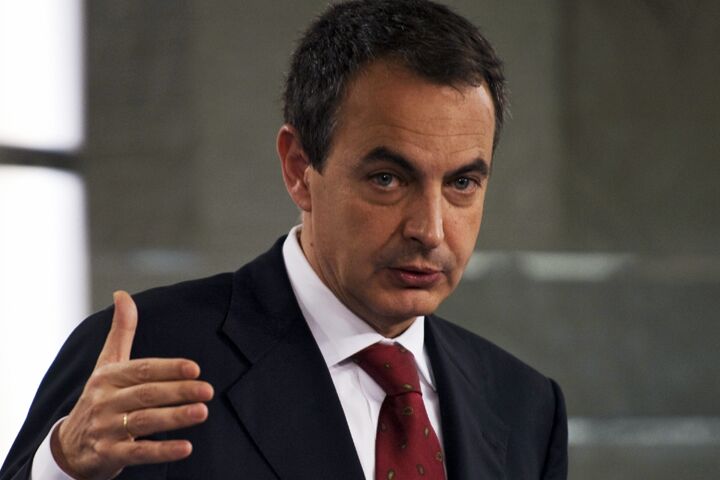
The Vatican’s Not-So-Secret Weapon
When Spanish Prime Minister Jose Luis Rodriguez Zapatero came to power four years ago, the Spanish government promised legislation that would expand the availability of abortions. He took a more soft-line approach to the issue during his re-election campaign last month, however, as Spanish bishops all but directed citizens to vote against any candidate who toed the pro-abortion line. Watering down his pro-abortion stance may have saved the election for Zapatero, but not by much. He still remains massively unpopular among Spanish conservatives and, even more significantly, with the Vatican hierarchy.
This unpopularity makes Zapatero’s hold over Spanish politics precarious. Romano Prodi’s left-wing Italian government fell just two months before Zapatero’s re-election when the Catholic leader of Italy’s Udeur Christian Democrat Party followed Vatican guidance and quit his post as justice minister. Prodi took a pro-abortion stance in direct opposition to the Vatican and paid a dear price for it.
At the same time, this Catholic interference in national politics is inspiring a lot of loyalty and support among the masses in both Italy and Spain. Agence France Presse reported that “nearly 70 percent of Italian gynecologists are refusing to perform abortions on moral grounds.” In Spain, hundreds of thousands of people gathered in Madrid square last December at the behest of Archbishop Antonio Maria Rouco. The originally pro-family rally turned into a protest of Zapatero’s anti-family values.
As the Catholic Church sways the masses against Zapatero and his liberal, socialist government, it is almost sure that Spain will sooner or later be forced to bow to Rome the same way Italy has.
As noble as this fight against abortion may seem, Pope Benedict xvi and the Vatican hierarchy are using it as a not-so-secret weapon to bend national governments to their will. As pro-Catholic governments start popping up across Europe, in part on account of the abortion issue, what other doctrines will begin to be enforced? What started out as a fight for the lives of unborn babies could end up as a fight to enforce Sunday worship or universal acceptance of papal infallibility.
As Stratfor reported on March 24:
The papacy is a unique geopolitical entity. It was once literally a kingmaker, crowning the rulers of the Holy Roman Empire. Before the rise of the international system as we know it today, it orchestrated more than a dozen religious crusades to Jerusalem (then held by Muslims) and encouraged a doomed Spanish expedition to take the British Isles from a Protestant English monarch. Today, the Vatican’s role on the world stage is considerably smaller.
But that has not kept the Holy See from crusading—the Catholic Church has remained entangled in affairs of state. Indeed, that is what it must do if it is to remain relevant to the political world and keep its 1 billion adherents energized. Unlike large and powerful states, the Vatican lacks a significant military or economic presence on the geopolitical stage. It must continually work to assert and sustain its political relevance.
The rise of secularism in the 18th century is what deprived the Catholic Church of its power to make and break kings. It is obvious then why Pope Benedict is working so hard to curb secularism in Europe. The Vatican is garnering conservative support from across Europe by standing against such evils as abortion and homosexual unions. Once it has the support of the majority again, it can return to its historical role as the guiding force of Europe.
For more information on Pope Benedict’s goals for the Catholic Church, read “Benedict‘s Strategy for Expanding Vatican Power.”
